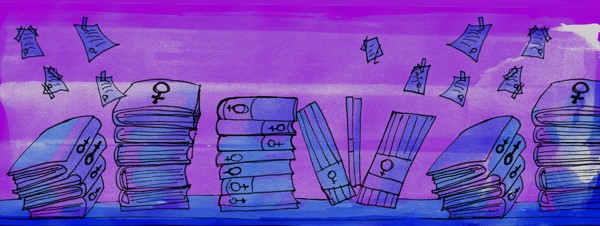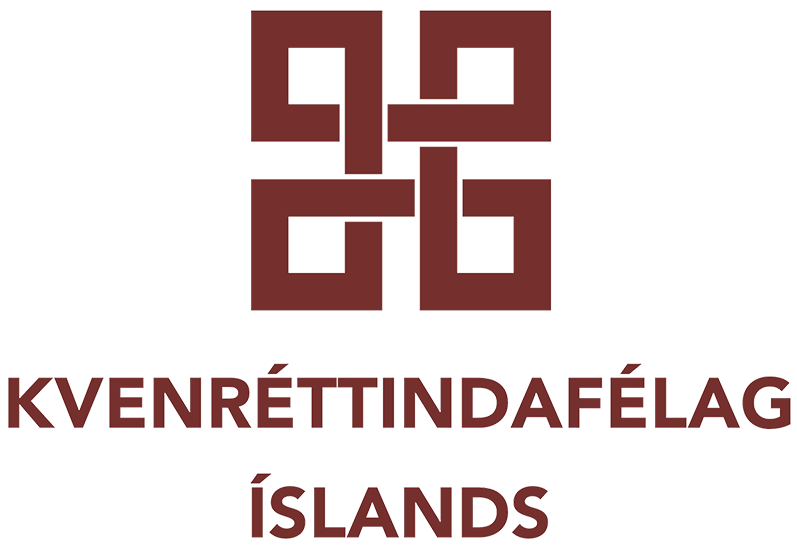
- Between Paid and Unpaid Work: Family Friendly Policies and Gender Equality in Europe. Gísli Atlason. Vytautas Magnus University and Centre for Equality Advancement, Lithuania. 2006.
The report is based on surveys conducted in Italy, Denmark, Lithuania and Iceland. The aim is to investigate people’s opinion on their balance between work and family, in order to compare the results. In particular, the report explains that despite Iceland having one of the European highest rate of women’s participation in the labor market, Icelandic people have trouble reconciling their paid work in the labor market with their unpaid work at home.
- Gender Wage Gap Increases In Financial Institutions. Paul Fontaine. The Reykjavik Grapevine, Iceland. 2006.
A short article on gender wage gap in Iceland. Recent figures and surveys have shown that as the economy improved, gender pay gap increased in the financial institutions between 2013 and 2016.
- Fostering Caring Masculinities. Ingólfur Gíslason. Centre For Gender Equality Iceland, Akureyri. 2006.
The report explores men’s opportunities for balancing work with private life and family. In particular, it focuses on companies’ framework conditions to perceive and include men as actors and target groups in equality policies.
- Parental Leave in Iceland. Bringing the Fathers In. Ingólfur Gíslason. Centre for Gender Equality and Ministry of Welfare, Iceland. 2007.
The report explores the Icelandic Act on Maternity/Paternity and Parental Leave in 2000, discussing the legislative changes it introduced and the consequences it had on the Icelandic families and societies.
- Labour Market. The Nordic Gender Equality Indicators, Iceland. Continually Updated.
Information and data about gender equality in the labor market in the Nordic countries. Among them, Iceland, Norway and Sweden have already reached the EU 2020 target for employment among women and men aged 20-64.
- Homo Economicus Meets Homo Holismus. Men and Women Discuss Their Salaries Within Different Frames of Reference. Gyða Margrét Pétursdóttir. The University of Iceland, Reykjavik. 2010.
The article explores how women and men discuss their wages in a society with a gender pay gap, focusing on the different discourses that men and women use or draw on to talk about their salaries. In this sense, the article explains that issues as power or lack of power play a crucial role, since men seem more exposed to the discourse of capitalism than, women and they have to measure themselves against the ideal hegemonic masculinity.
- Parental Leave, Care Policies & Gender Equalities in the Nordic Countries. Erla Sigurðardóttir. The Nordic Council of Ministers, Denmark. 2010.
This report provides an overview of the different ways in which the Nordic countries have chosen to support parents, with a focus on the different national policies adopted on parental leave, care and gender equality. It discusses the way parental leave affects the children’s relationship with parents and the status of women in the labor market. The contributions in this book focus on aspects of the complicated interplay between childcare and gender equality.
- Parental Leave, Childcare and Gender Equality in the Nordic Countries. Eds. Ingólfur V. Gíslason and Guðný Björk Eydal. The Nordic Council of Ministers, Denmark. 2012.
Scholarly articles on parental leave and childcare in the Nordic countries. This gives an overview of political and policy developments in Nordic parental leave and childcare. In addition, the book describes research on the situation of Nordic children and their wellbeing as viewed through international comparisons.
- Council Directive 2000/78/EC of 27 November 2000 Establishing a general framework for equal treatment in employment and occupation. Official Journal of the European Communities. The Council of the European Union, Strasbourg. 2000.
This Council of the European Union’s directive seeks to implement the principle of equal treatment for eliminating inequalities between men and women in the workplace, recognizing that women are often victims of multiple discriminations.
- The Parental Leave System in Iceland. European Commission. 2008.
Reports written for the European Commission on parental leave provisions in various European countries. “National Report on the Icelandic Experience of Parental Leave Provision” by Svala Jónsdóttir is on pp. 6-20.
- Nordic Experience with Parental Leave and its Impact on Equality Between Men and Women, Fríða R. Valdimarsdóttir. The Nordic Council of Ministers, Denmark. 2006.
This report offers a comparison of the different laws on parental leave in the Nordic region in 2006. It analyses the laws from an historical perspective in order to examine the laws’ outcome. It also presents ideas that could help increase the effectiveness of the laws in order to improve gender equality.
- Part-Time Work in The Nordic Region. Alma Wennemo Lanninger and Marianne Sundström. The Nordic Council of Ministers, Denmark. 2014. Part-time Work in The Nordic Region II. Ida Drange and Cathrine Egeland. The Nordic Council of Ministers, Denmark. 2014.
The reports are the result of two projects coordinated by the Nordic Information of Gender at the request of The Nordic Council of Ministers in 2014. The papers compare Iceland with the other Nordic countries regarding part-time work using a gender equality perspective, since the issue is more common between women than men. They compare the effects of part-time work on pensions in the countries and offer an overview of the arguments used to explain the part-time work issue.

